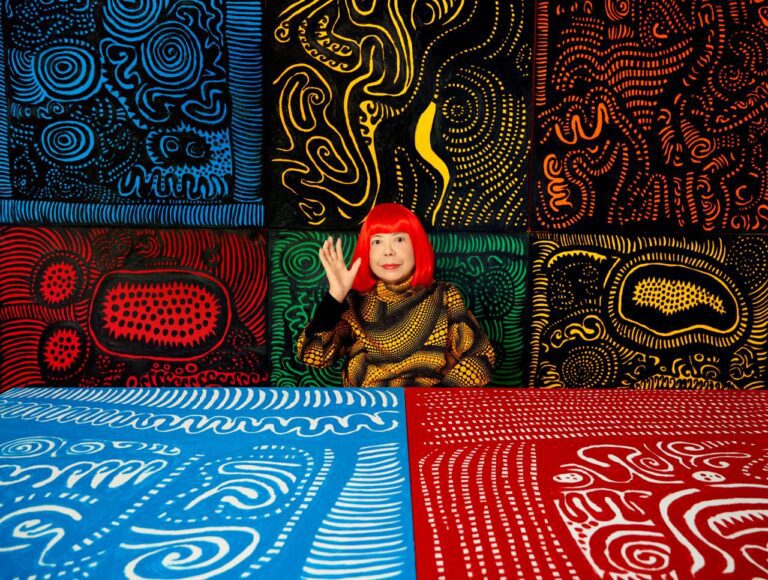What is International Women’s Day?
IWD is an annual event to celebrate the achievements of women and push for rights progress. It has roots in the U.S. socialist and labour movements of the early 20th century, particularly as women were fighting for better working conditions and the right to vote.
The first recorded celebration was in 1911 in Austria, Denmark, Germany and Switzerland when over a million people rallied to support women’s rights.
Since then, the event has grown not only in size but also in its scope. Focus has expanded to issues ranging from violence against women to parity in the workplace.
While no single group has ownership of the event, the United Nations is often at the forefront of celebrations after it officially recognised IWD in 1977. However, celebrations around the world are usually decentralized, though some countries recognise IWD as a public holiday, including China, Russia and Uganda.
People around the world are encouraged to acknowledge the day by making a move, big or small to address inequalities in their own communities and workplaces.
What is this year’s International Women’s Day theme?
The International Women’s Day website, backed by key organisations and businesses, including World Association of Girl Guides & Girl Scouts and ITN Business, has chosen the theme of ‘Inspire Inclusion’ for IWD2024. Its goal is to highlight the importance of inclusion in driving fairness, opportunities, and success for all. It invites us to recognise women represent an array of backgrounds, cultures, ethnicities, abilities, and identities and work toward a world where every woman’s voice is heard and valued.
The U.N.’s theme this year is ‘Invest in women: Accelerate progress”. The topic highlights what it signals is a huge obstacle in highlighting and adressing issues facing women – a $360 billion annual deficit in gender-equality measures by 2030.
The theme hopes to examine the pathways to greater economic inclusion for women and girls everywhere. While important progress has been made, women face significant obstacles to achieving equal participation in the economy.
‘Without equal access to education, employment pathways, financial services and literacy, how can we ever hope to reach gender equality?’
Here are five key areas the U.N. indicates needing joint action:
- Investing in women, a human rights issue: Time is running out. Gender equality is the greatest human rights challenge, benefiting everyone.
- Ending poverty: Due to the COVID pandemic and conflicts, 75 million more people have fallen into severe poverty since 2020. Immediate action is crucial to prevent over 342 million women and girls living in poverty by 2030.
- Implementing gender-responsive financing: Conflicts and rising prices may lead 75% of countries to cut public spending by 2025, negatively impacting women and their essential services.
- Shifting to a green economy and care society: The current economic system disproportionately affects women. Advocates propose a shift to a green economy and care society to amplify women’s voices.
- Supporting feminist change-makers: Despite leading efforts, feminist organizations receive only 0.13% of official development assistance.
Why is International Women’s Day important?
While the U.N.’s theme this year underscores financial challenges in particular, celebrations around the world are also focused on longstanding issues including poverty and violence.
A World Health Organization report in 2021 found that nearly one in three women worldwide is subjected to physical or sexual violence during her lifetime, an issue that ties in with women’s economic opportunities, access to sex education and reproductive rights.
In recent years, there has also been a push to make IWD more inclusive of racialised women as well as of transgender, non-binary and gender non-conforming people, since the early movement was largely focused on cisgender white women fighting for voting rights.
While IWD is a chance to raise awareness on rights gaps, organisers also use the day to celebrate progress and the achievements of individual women.







